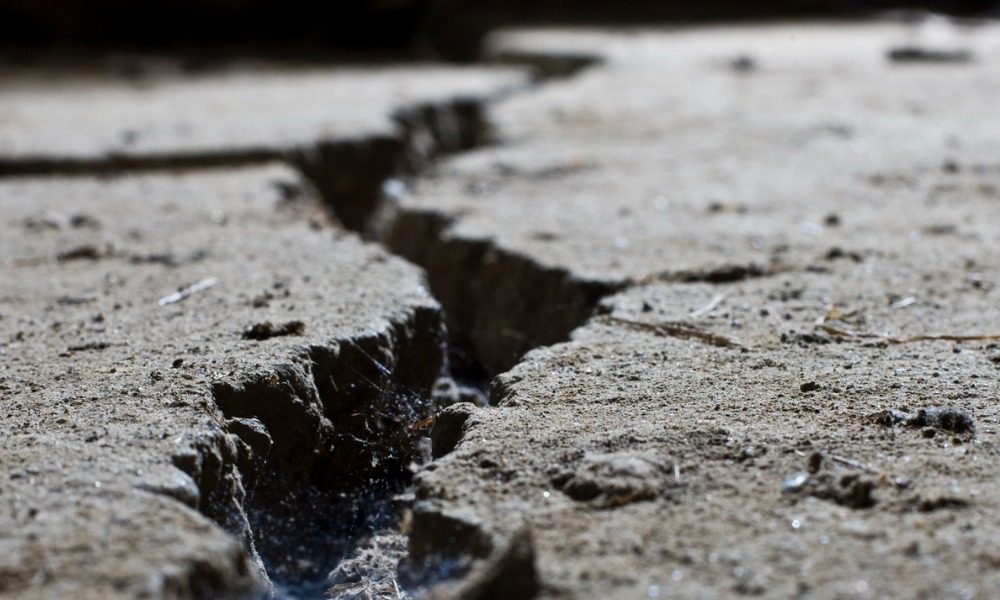New Jersey quake: "Low risk does not mean no risk"

New Jersey quake: “Low risk does not mean no risk” | Insurance Business America
Catastrophe & Flood
New Jersey quake: “Low risk does not mean no risk”
Recent event seen as a reminder
Catastrophe & Flood
By
Terry Gangcuangco
“This recent event serves as a reminder that low risk does not mean no risk.”
That was the assertion made by property data specialist CoreLogic following the magnitude (Mw) 4.8 earthquake in Hunterdon County, New Jersey last Friday. While no significant damage was reported as of 2pm EDT on April 5, the company’s event response team continued its monitoring.
CoreLogic highlighted that the last major earthquake in the region was 2011’s Mw 5.8 earthquake in Virginia. The latest one, meanwhile, had its epicenter at about 45 miles west of New York City.
“In the region spanning New York City to Washington, DC, moderate earthquakes occur roughly every 50 years, with smaller events felt every two to three years,” CoreLogic noted.
“Due to local soil conditions and the way seismic waves travel, earthquakes in the eastern US cover a broader area compared to those in the West. A Mw 4.0 earthquake in the region can be felt within roughly 60 miles of the epicenter and can occasionally cause local damage. A Mw 5.5 earthquake can have effects up to 310 miles away, sometimes causing damage up to 25 miles from the epicenter.
According to Personal Risk Management Solutions chief operating officer and partner Dale Krupowicz, around 60% of the company’s wealthy clients on the West Coast opt to buy earthquake cover while only 10% do so on the East Coast.
“When our office is pitching to a new client, we include an earthquake analysis – and some people don’t even pay attention, but I have a feeling they might now, because everybody felt this.”
AM Best senior industry research analyst Christopher Graham, meanwhile, believes the recent earthquake is not likely to have a significant financial impact on property insurers in the region.
“US earthquake insurance in 2023 accounted for $5.9 billion in direct premium written (DPW); 60% of this is generated in California,” Graham pointed out. “New Jersey, the epicenter of [the] earthquake, Pennsylvania, New York, and Connecticut generated DPW of $250 million last year, less than 5% of the national total.
“Insured damage from a 4.8 magnitude earthquake is typically limited in general and, as we see from premium totals, few people will specifically have earthquake insurance in the region. Generally speaking, an HO-5 policy, the broadest coverage available in the homeowners’ line, does not cover earthquake-related damage.”
What do you think about this story? Share your thoughts in the comments below.
Related Stories
Keep up with the latest news and events
Join our mailing list, it’s free!





